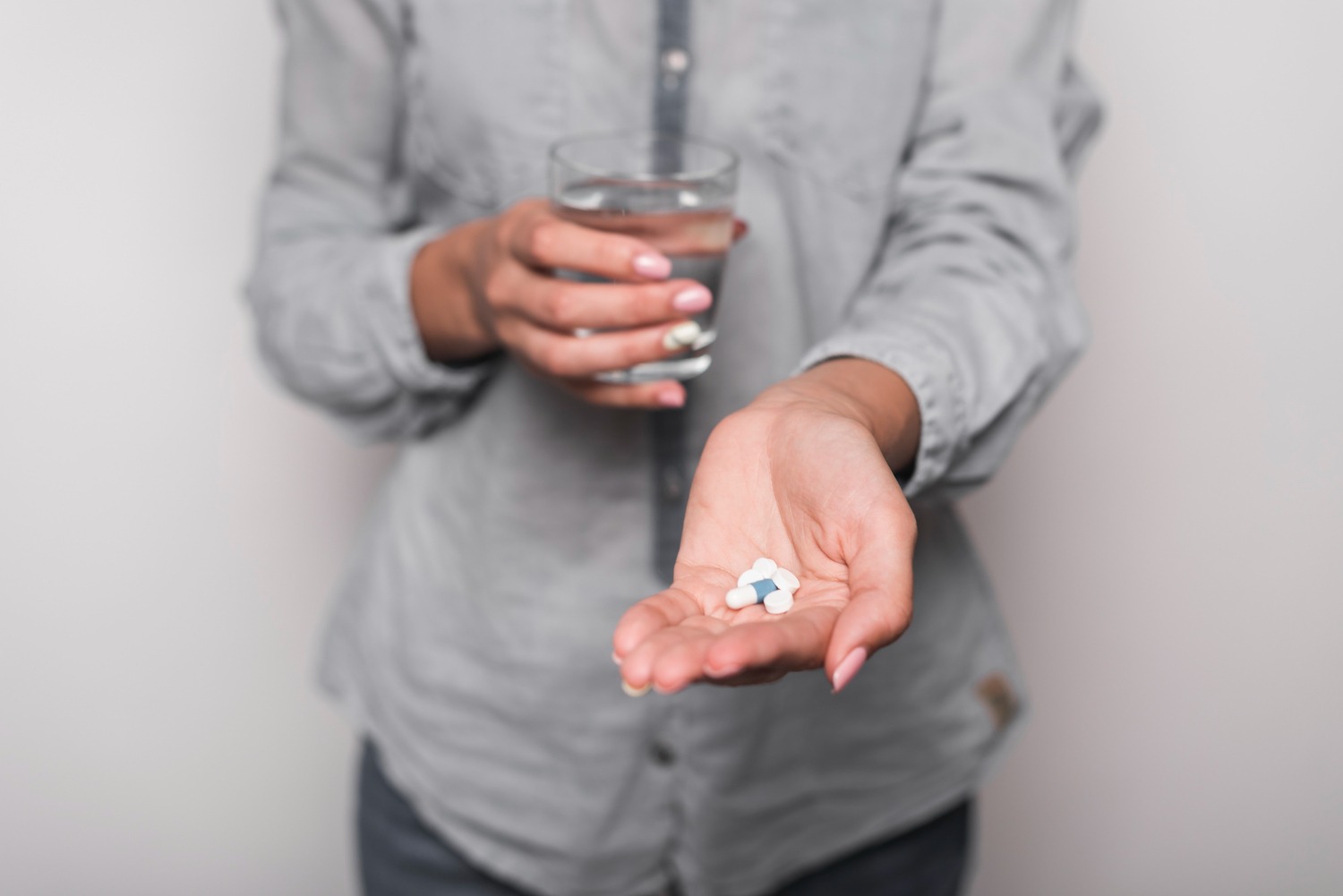Synthetic Opioid Addiction Recovery
At TruPaths, we understand that synthetic opioids are some of the most powerful and dangerous substances in the world not because people want to overdose, but because they never wanted to be in pain in the first place.
Whether it started with a counterfeit pill, street fentanyl, or a laboratory-made painkiller, we’re here to offer education, clarity, and direction toward recovery that’s rooted in care, not shame. We don’t offer treatment ourselves but we help you find vetted, ethical recovery centers that specialize in synthetic opioid dependency, withdrawal, and trauma-informed healing.









